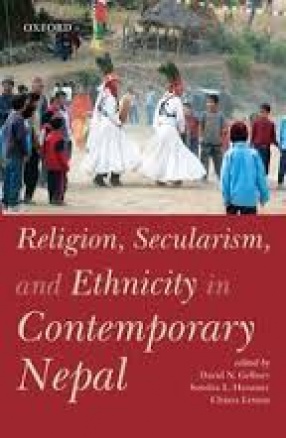
David N. Gellner

Showing all 12 books
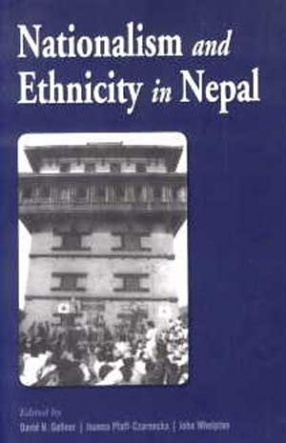

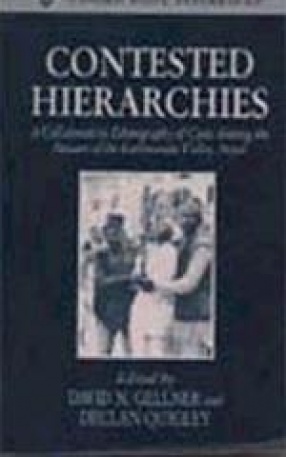
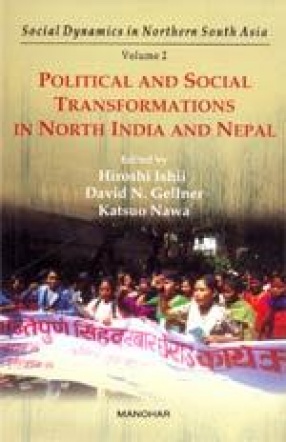

The socio-political landscape of Nepal has been rocked by dramatic and far-reaching changes in the past thirty years. Following a ten-year Maoist revolution and civil war, the country has transitioned from a monarchy to a republic. The former Hindu kingdom has declared its commitment to secularism, without coming to any agreement on what secularism means or should mean in the Nepalese context. What happens to religion under conditions of such rapid social and ...
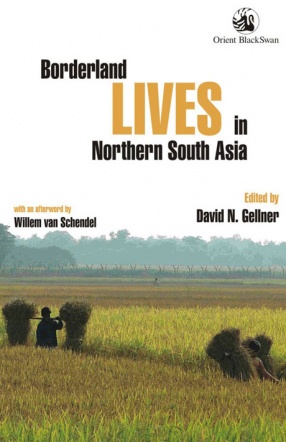
Borderland Lives in Northern South Asia provides valuable new ethnographic insights into life along some of the most contentious borders in the world. The collected essays portray existence at different points across India's northern frontiers and, in one instance, along borders within India. Whether discussing Shii Muslims striving to be patriotic Indians in the Kashmiri district of Kargil or Bangladeshis living uneasily in an enclave surrounded by Indian ...
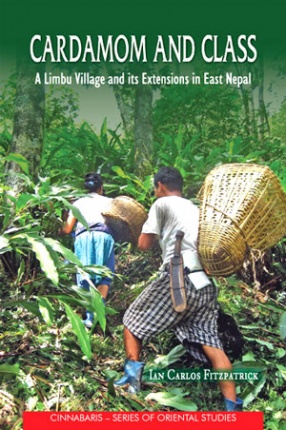
CINNABARIS - SERIES OF ORIENTAL STUDIES Cardamom and Class A Limbu Village and its Extensions in East Nepal Ian Carlos Fitzpatrick Cardamom and Class investigates the history of economic differentiation in a Limbu village in east Nepal. By examining three historically overlapping productive processes - subsistence agriculture, cardamom cultivation, and international migration - this book shows how each productive process has contributed in different ways to the ...
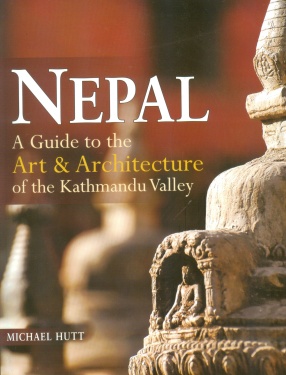
Essential for both the traveller and scholar alike, Nepal fills a long dormant gap in the literature of this spectacular region and is a product of many years of individual research by scholars of Nepal's history, religion, art and sociology. It draws on a variety of authoritative studies of Nepal's cultural history that have been published in European and Nepalese languages.The guide begins with an overview of the history of Nepal. This focuses on the Kathmandu ...

For nearly 240 years (1768-2006) either the Shah Dynasty or their Rana Prime Ministers ruled Nepal in the name of Hinduism; in more recent times Shah Kings claimed also to embody national unity in their own person. Since the nineteenth century Nepal experienced the autocracy of the Ranas, a first experiment with parliamentarianism, guided partyless democracy led by the king, multi-party constitutional monarchy (including an elected minority communist government ...
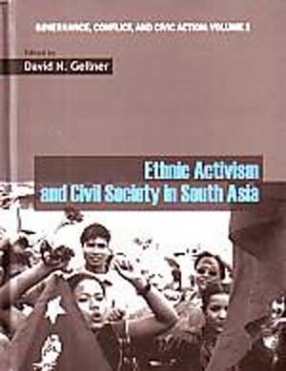
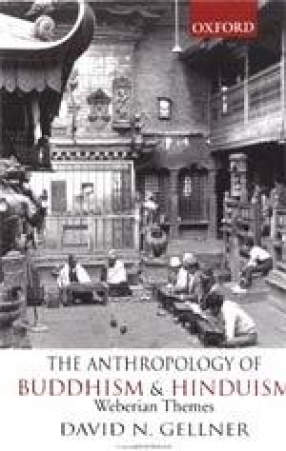
Max Weber’s ideas have had enormous influence in theoretical sociology, but what he wrote about Asia has more often been cited by specialists to illustrate his errors rather than to derive inspiration. This collection of essays both engages with Max Weber’s work, and attempts to use his general approach, combined with detailed ethnography from Nepal and Japan, to attack critical questions in the anthropology and sociology of Buddhism and Hinduism. Gellner’s ...



Northern South Asia-including Northern India, Nepal, Pakistan, Bhutan and Bangladesh-encompasses huge ethnic, cultural, and socio-political diversity and has experienced far-reaching social change in recent times. This volume analyses the dynamics of social and Political movements in the region. Part 1 examines political and social processes, focusing on the different ways in which the rise of previously subordinate castes has changed the practical ...
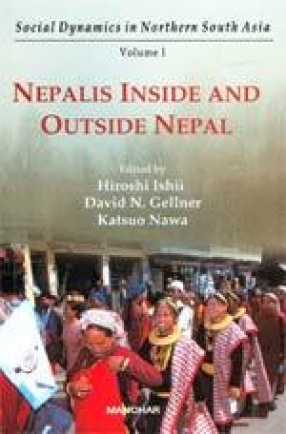
Situated in northern South Asia at the interface between different linguistic and cultural areas, Nepal contains huge ethnic, cultural, and socio-political diversity. At the same time, it has had to confront far-reaching social change in an extremely compressed timescale. This volume attempts to encompass these transformations and the resultant complexity through a series of in-depth case studies. Part 1 focuses on Pokhara, an important urban ...
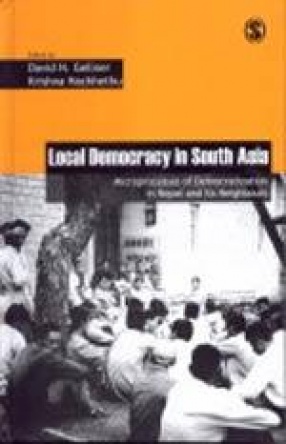
This volume, the first in a new series on governance, conflict and civic action in South Asia, focuses on the larger countries of South Asia--Pakistan, India, Bangladesh, Sri Lanka, and especially Nepal. The 15 essays in this volume analyze democracy both as a process and as a value. The essays also examine in ethnographic detail the way in which democracy is actually experienced in South Asia, ranging far beyond conventional political structures to look at ...
